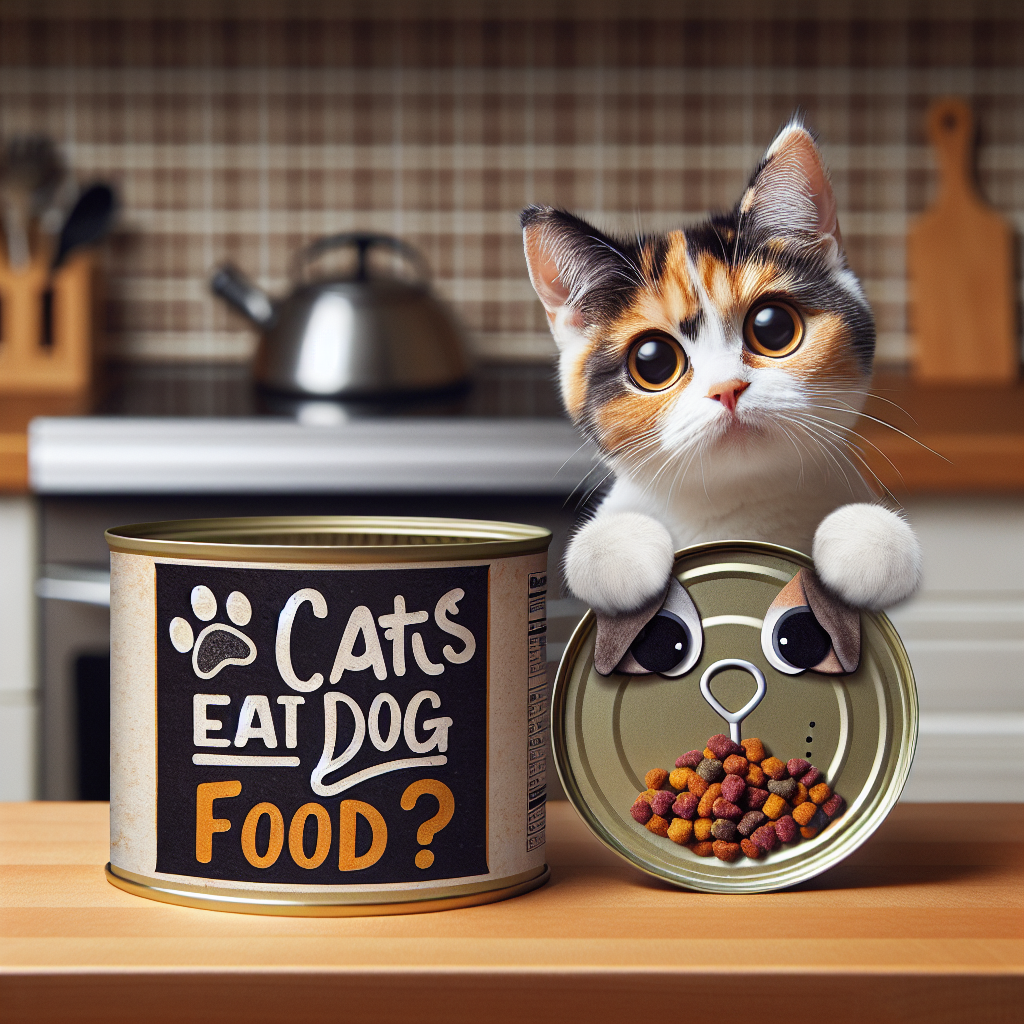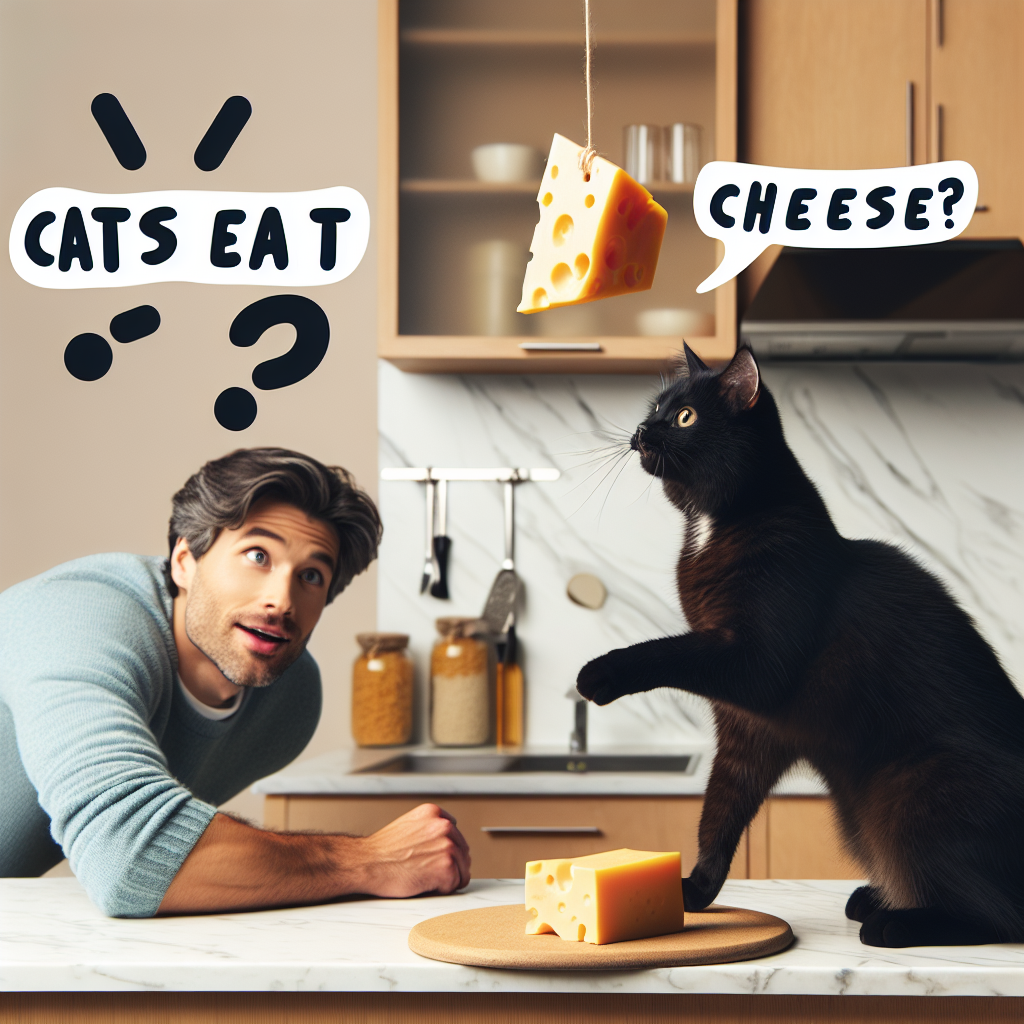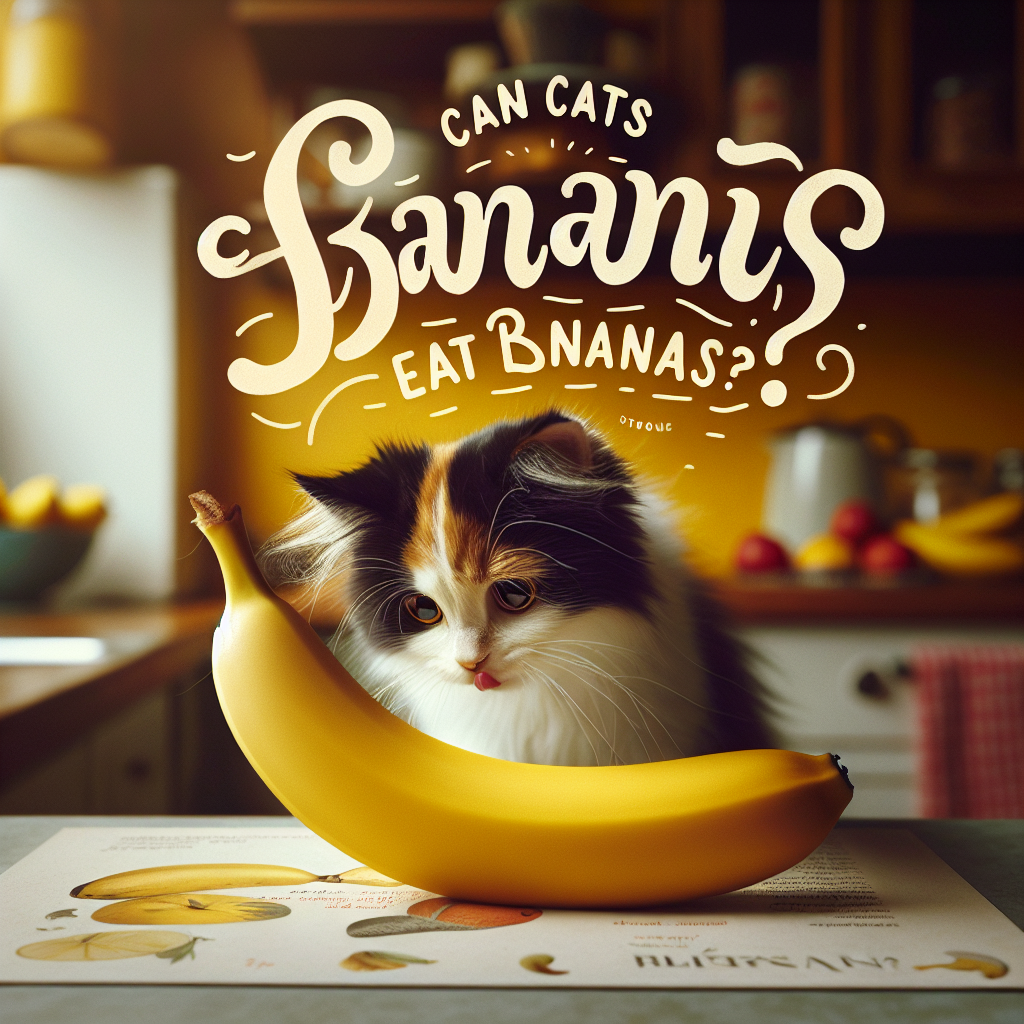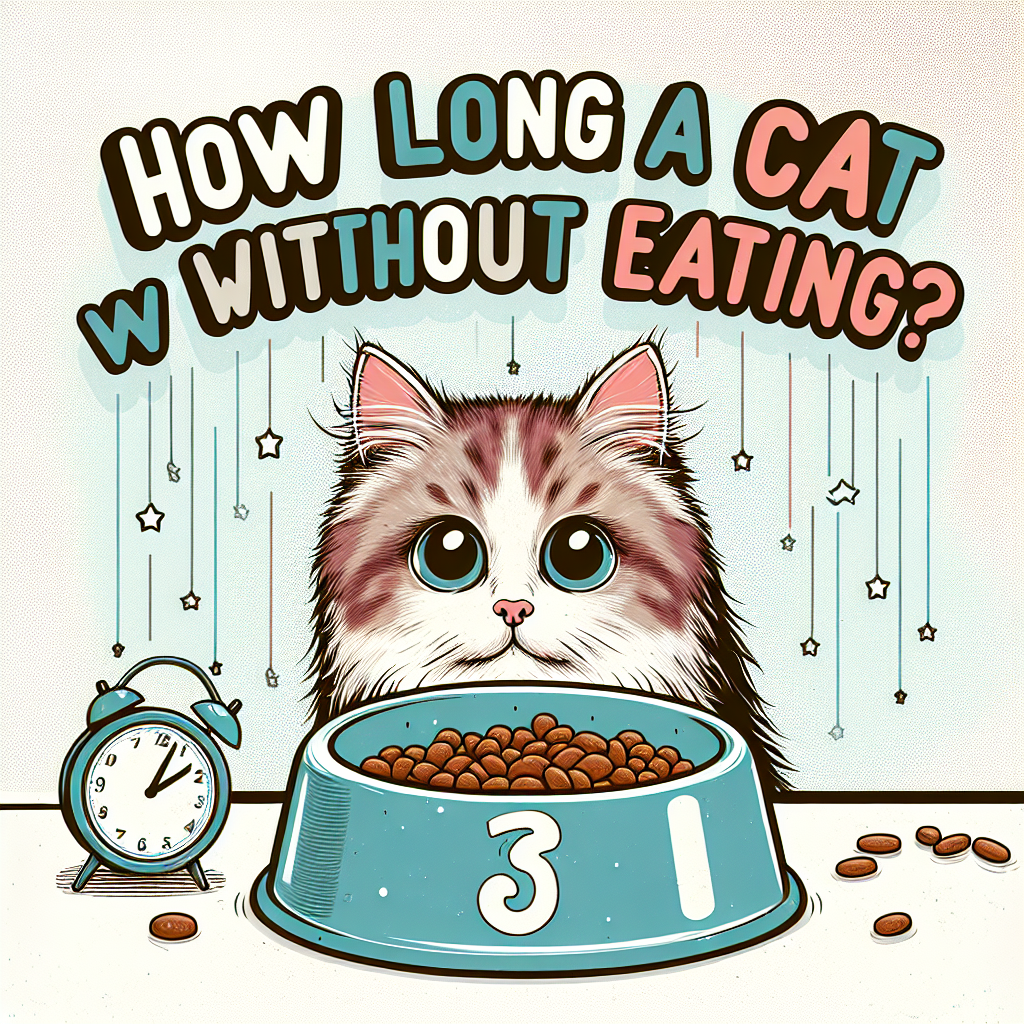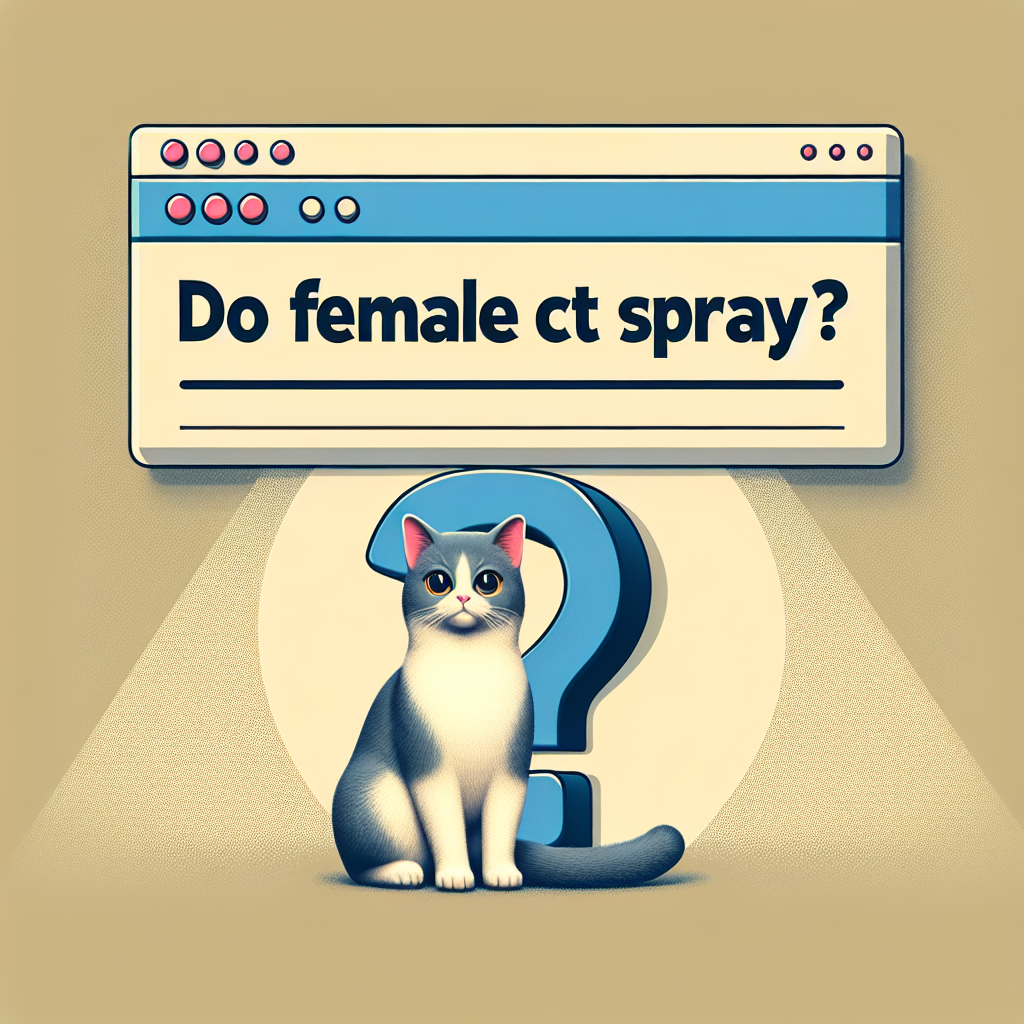Can Cats Eat Dog Food? Understanding the Differences
As pet owners, we often find ourselves questioning what we can feed our furry companions. If you’re a cat owner, you may have wondered if it’s safe for your feline friend to munch on dog food if there’s no cat food available. This curiosity raises an important question: can cats eat dog food? The short answer is yes, but it’s not advisable. Let’s delve deeper into the reasons why and explore the nutritional differences between cat food and dog food.
Nutritional Needs: Cats vs. Dogs
Cats and dogs have notably different dietary requirements due to their differing evolutionary backgrounds. While both animals are classified as carnivores, cats are obligate carnivores, which means their diet must primarily consist of meat. Dogs, on the other hand, are more omnivorous and can thrive on a more varied diet that includes plant-based ingredients.
Key nutritional differences between cat food and dog food include:
-
Taurine: Cats require taurine, an essential amino acid, for heart and eye health. Dogs can produce taurine in their bodies, which is why dog food may not contain adequate levels of this crucial nutrient.
-
Protein: Cats generally need a higher percentage of protein in their diet compared to dogs. While dog food contains protein, it may not be sufficient for a cat’s health needs.
-
Fatty Acids: Cats require arachidonic acid, an essential fatty acid that dogs can synthesize. Inadequate amounts of this fatty acid in a cat’s diet can lead to health problems.
- Vitamins and Minerals: Certain vitamins and minerals are vital for cats but might be present in lesser amounts or in different forms in dog food. For example, cats require higher levels of vitamin A and niacin than dogs do.
Occasional Snacking vs. Regular Feeding
While a small amount of dog food on rare occasions is unlikely to cause immediate harm to your cat, it should not be a staple in their diet. If cats consume dog food regularly, they risk developing nutritional deficiencies that can lead to serious health issues over time. Symptoms of such deficiencies could include lethargy, vision problems, heart issues, and other organ dysfunctions.
What If My Cat Eats Dog Food?
If your cat accidentally nibbles on dog food, there’s typically no need for immediate alarm. Most healthy cats will be fine after an occasional snack. However, if your cat consumes an entire bowl of dog food or starts to show signs of distress—such as vomiting, diarrhea, or lethargy—it’s best to consult your veterinarian.
Conclusion
In summary, while cats can eat dog food in small amounts, it’s far from a suitable substitute for a balanced feline diet. Pet owners should always prioritize high-quality cat food that meets their specific dietary needs. For the health and well-being of your beloved pet, ensure that their meals are tailored to the unique nutritional requirements of cats. If you’re ever in doubt about your pet’s diet, discussing their nutritional needs with your veterinarian can provide guidance and peace of mind.

